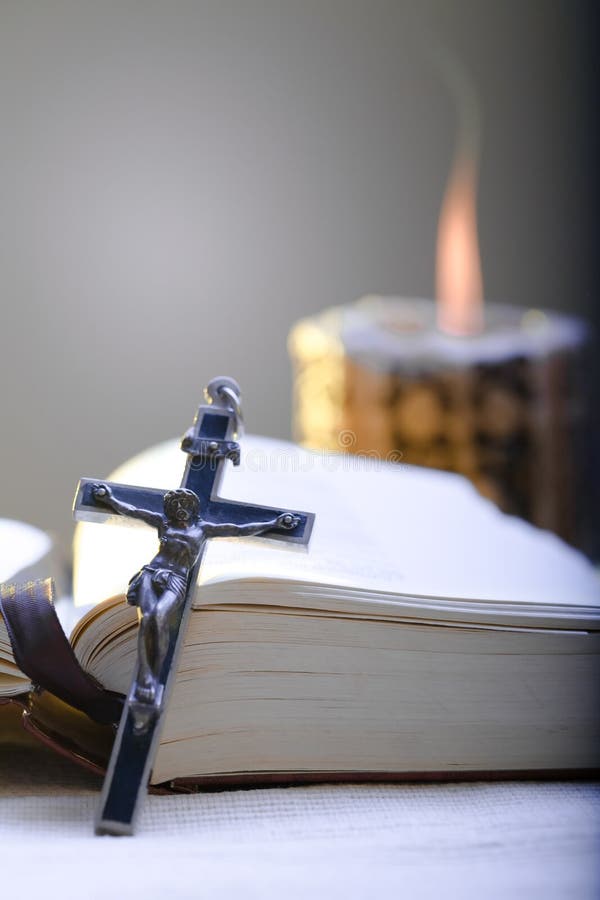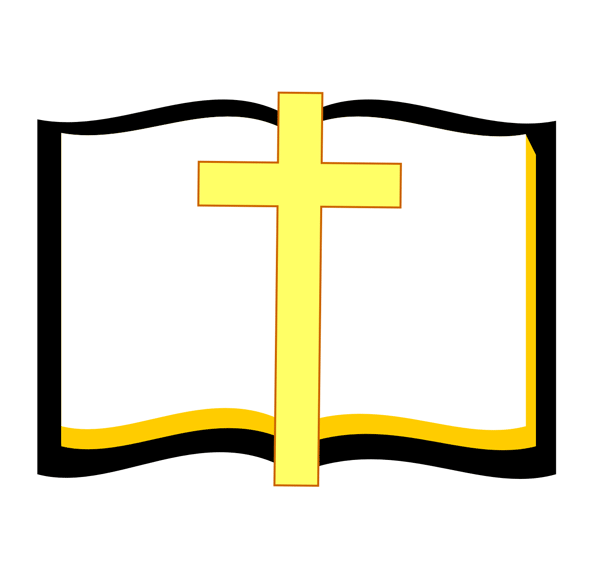
I also studied the early fathers of the Church. There, I began what has become a lifelong journey of prayer and found my hunger for theology. I returned to the practice of the Catholic Christian faith after wandering away as a very young man, I spent 21 months in a Benedictine monastery shortly after "coming home" to the Church. I am what is often called a 'revert' to the Church in Catholic circles. In an address given in 2007, he zeroed in on the monastic life as a gift needed for the whole church. Over the years of Pope Emeritus Benedict's service, he regularly spoke of monks and their essential contribution to the Church. Given the current state of moral decline, we need to view the West as mission territory. What Pope Emeritus Benedict XVI called the "Dictatorship of Relativism" is the bad fruit of a rejection of the very existence of any objective truth. The contemporary West has rejected its Christian roots and embraced a new paganism. The Benedictines guided them in building a peaceful, virtuous and productive society." He and his followers drew the barbarians from paganism toward a civilized and truly enhanced way of life. Benedict gave testimony of the perennial youth of the Church. He noted of the saint that "Through his sanctity and singular accomplishments, St. Benedict's age as a time when "the Church, civil society and Christian culture itself were in great danger." Benedict, in which he affirmed the extraordinary contributions of the great father of western monasticism.

Saint John Paul II gave an address in 1980, during the fifteenth centennial commemoration of the birth of St. If you donate just $5.00, the price of your coffee, Catholic Online School could keep thriving. We're not salespeople, but we depend on donations averaging $14.76 and fewer than 1% of readers give. If you have already donated, we sincerely thank you. Hi readers, it seems you use Catholic Online a lot that's great! It's a little awkward to ask, but we need your help. Increasingly the members of these lay movements, and the clergy which have grown up in their midst to serve the mission, are becoming one of the key resources the Holy Spirit is using for the new missionary age of the Church.

In this sense, the early monastic movement bears similarities to the ecclesial movements of this millennium which John Paul, Benedict and now Francis promote with enthusiasm. From the midst of the community men were chosen for ordination in order to serve the members and the broader mission as it participated in the overall mission of the Church. From its earliest appearance, the monastic movement was a lay movement. The ecclesial movement which we call western monasticism led to the birth and flourishing of the academy, the arts and the emergence of what later became known as Christendom. It can happen once again in the Third Christian Millennium. From those Benedictine monasteries, an entire movement was birthed which led to the evangelization of Europe and the emergence of an authentically Christian culture.

He later traveled to Monte Cassino, where he completed his Rule for Monks. His holiness drew other men and women and soon, twelve small monasteries were founded. Benedict of Nursia lived a life of prayer and solitude for three years and studied under a monk named Romanus. Then he lived as a monk on the grounds of the Vatican, praying for that renewal to continue under the leadership of his successor, Francis. In a General Audience on April 29, 2008, he spoke at length of Benedict whom he called the "Patron of His Pontificate". He traveled to Subiaco the cave which became his dwelling, the place where he communed deeply with God is now a shrine called "Sacro Speco" (The Holy Cave).Right before his election to the Chair of Peter, Joseph Cardinal Ratzinger traveled to the holy cave for a period of protracted prayer. He gave his life entirely to God as a son of the Catholic Church. The monk named Benedict was chosen as a Patron due to his extraordinary influence on establishing Christianity in Europe and thus securing the Christian foundations of European civilization and the entirety of Western culture.Īs a young man, Benedict of Nursia fled a decadent and declining Rome for further studies and deep prayer and reflection. He is a called father of Western Monasticism and co-patron of Europe (along with Saints Cyril and Methodius). He was born around the year 480 in Umbria, Italy. On July 11 the Catholic Church commemorates the great life and legacy of St.


 0 kommentar(er)
0 kommentar(er)
